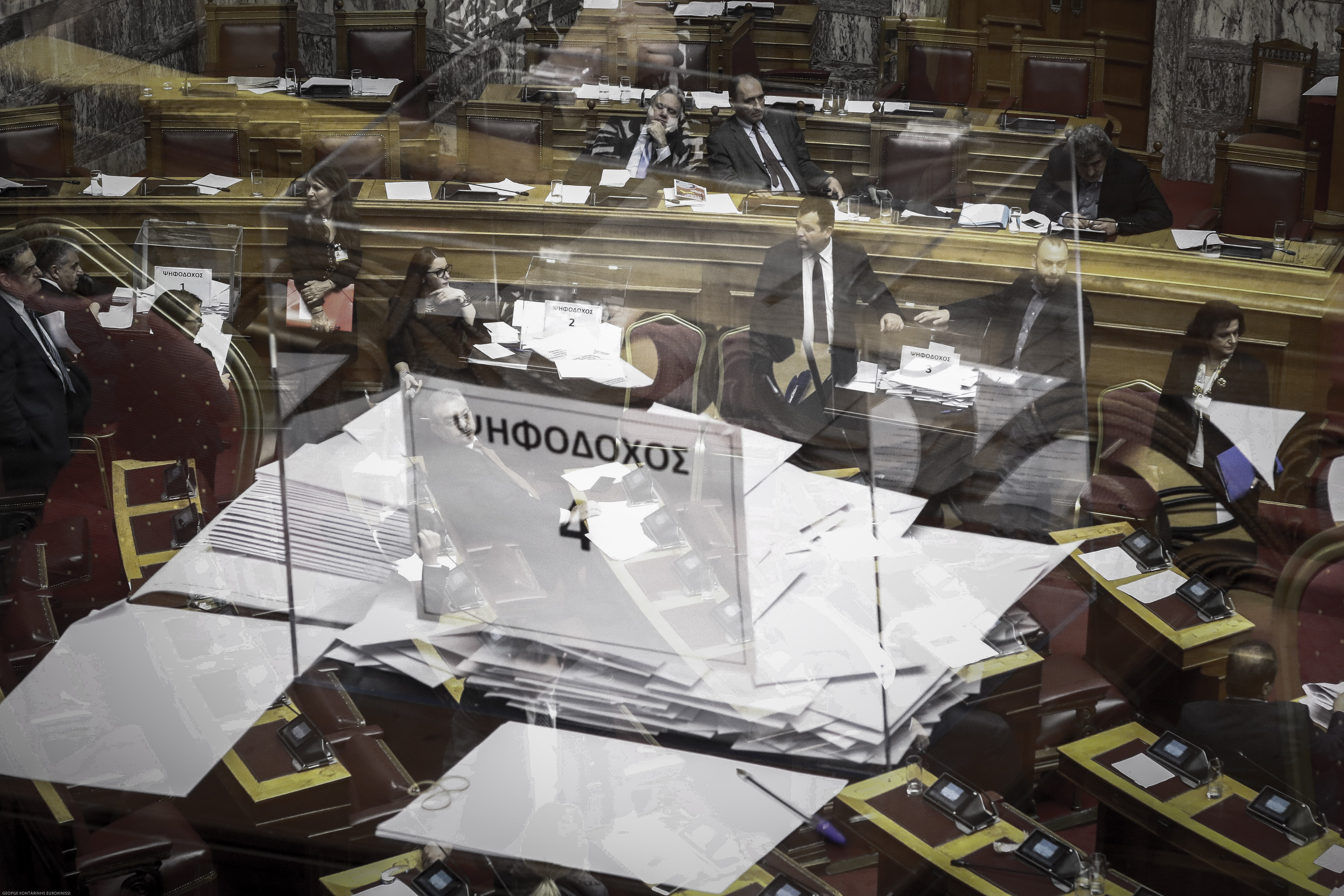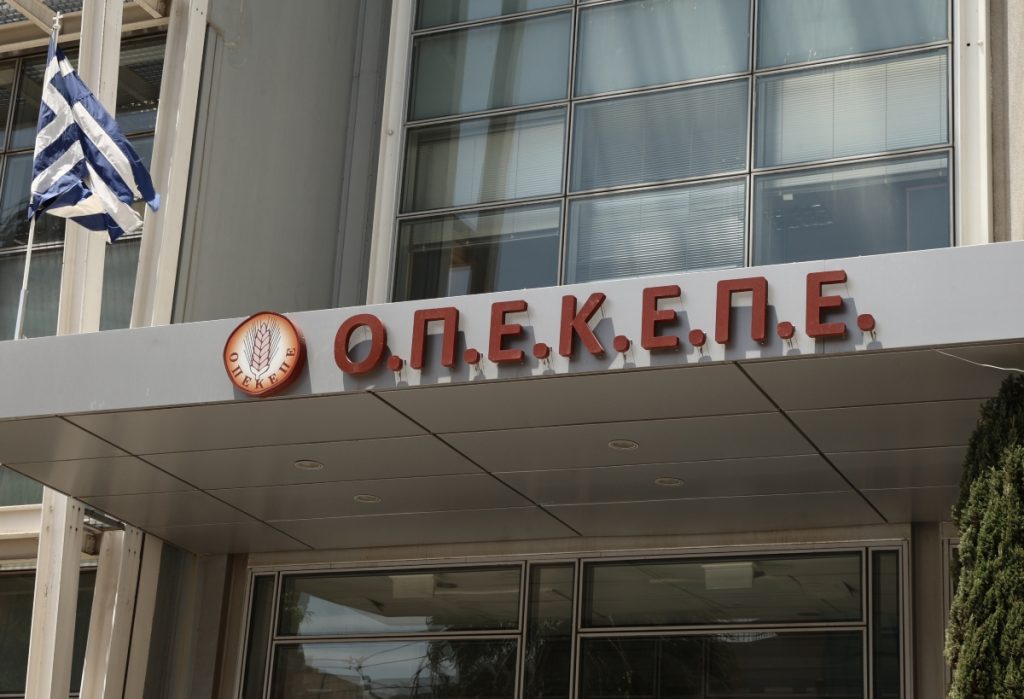After a 20-hour debate, a parliamentary majority decided in the wee hours this morning to create a special committee to conduct a preliminary criminal probe of the possible involvement of ten politicians in the Novartis scandal.
They included two ex-PMs, Antonis Samaras and Panagiotis Pikrammenos (a former Council of State president picked by then president Karolos Papoulias to serve two months and lead the country to elections), The Greek European Commissioner for Migration and former health minister Dimitris Avramopoulos, and the country’s central banker and former finance minister, Yannis Stournaras.
The parliamentary committee will wield the full powers of an investigating magistrate probing a crime.
Barring the introduction of fresh, incriminating evidence against any of the 10 politicians, legal experts say that the file will most likely be returned to the judiciary, as the crimes of bribe-taking have already been written off due to an exceptionally brief statute of limitations on crimes committed by ministers while in office. The only crime for which the special statute of limitations for ministers does not apply, is that of money laundering.
The government’s proposal for a preliminary criminal probe was supported by the two ruling coalition parties (Syriza and Independent Greeks), Golden Dawn, and the Greek Communist Party (KKE).
Main opposition New Democracy abstained from the 10 distinct ballots, one for each politician, in order not to legitimise a procedure that they viewed as unlawful, as there were no specific charges against any of the 10 in the government’s proposal. Instead, the conservative party’s MPs declared “Yes to the preliminary criminal probe” when their names were called during the roll-call vote.
MPs for the Democratic Alliance (DISY) and for the Potami party chose to print out their own ballots for the 10 votes. “Yes to the formation of a committee to conduct a preliminary criminal investigation, in accord with the Constitution and the regulations of parliament,” the homemade ballots stated.
In their own way, New Democracy, DISY and Potami objected to the government’s plans for a fast-track probe that will quickly return the file to the judiciary.
The government’s proposal for the preliminary criminal probe stated that the crime of breach of trust cannot be prosecuted due to the brief statute of limitations, but that for the crimes of giving and taking bribes, as well as for money laundering, the investigating committee will review whether parliament has the authority to file charges. If it is determined that parliament lacks that authority, the committee will form an opinion on whether the judiciary has that authority.




